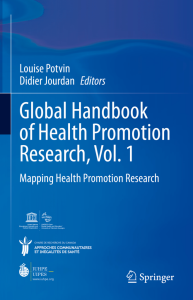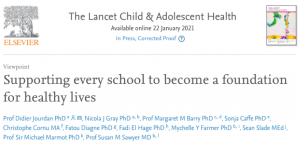Hate speech is on the rise worldwide, with the potential to incite violence, undermine social cohesion and tolerance, and cause psychological, emotional and physical harm based on xenophobia, racism, antisemitism, anti-Muslim hatred and other forms of intolerance and discrimination (UN, 2020). History has shown us that genocide and other atrocity crimes begin with words – there is a collective responsibility to address hate speech in the present day to prevent further violence in the future.
As part of the implementation of the United Nations Strategy and Plan of Action on Hate speech, UNESCO and the UN Office on the Prevention of Genocide and the Responsibility to Protect will convene the “Global Multi-stakeholder Forum on addressing hate speech through education” on 30 September and 1 October 2021. The Forum will serve to provide inputs for the upcoming “Global Education Ministers Conference on addressing hate speech through education” due to take place on 26 October 2021.
The Forum will encompass two days of online dialogues, bringing together teachers/educators, youth, civil society organizations, human rights experts, tech and social media companies and government representatives, with a view to promote meaningful engagement, discuss the role of education in addressing hate speech and identify key recommendations for a way forward ahead of the Ministerial Conference.
To attend this public event please register on the link below as soon as possible as there are limited places: REGISTER HERE.
More info about addressing hate speech through education by UNESCO, here.












 About Didier Jourdan
About Didier Jourdan
